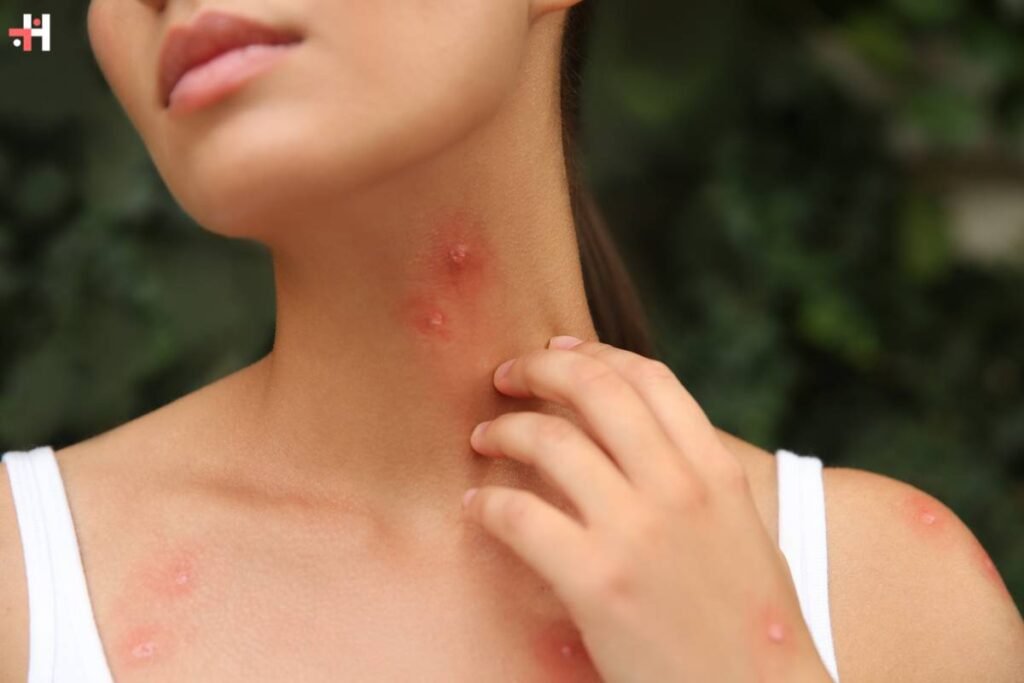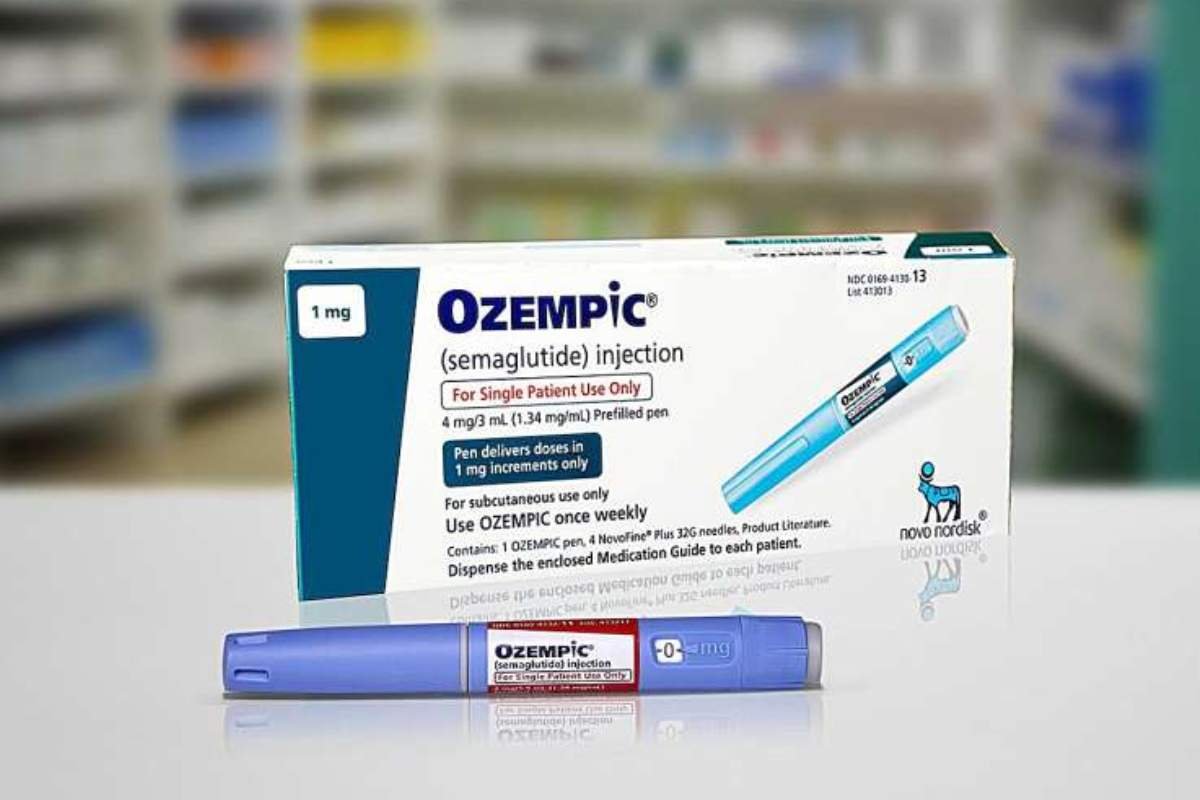We are frequently drawn outside by the warm weather, but the sunshine and clean air also carry the risk of insect stings. There are times when a serious bad bug bite necessitates more than a dab of anti-itch cream, even though the majority of bug bites are benign and may only cause mild discomfort. It is essential to recognize the warning indications of a severe response in order to seek medical attention as soon as possible. This article will discuss several kinds of nasty bug bites, possible problems, and when it’s necessary to get medical help for a bad bug bite.
Identifying Bad Bug Bites
Bad bug bites can come from a variety of insects, including mosquitoes, ticks, spiders, and bees. In some cases, the bite might result in immediate discomfort, while others may take time to manifest symptoms. Identifying a bad bug bite involves recognizing unusual reactions beyond the typical redness and itching associated with most bites.
Common indicators of a bad bug bite include:
- Severe Swelling: While mild swelling is normal, if the affected area swells significantly, or if the swelling extends to other parts of the body, it may signal a more severe reaction.
- Persistent Pain: Intense and persistent pain at the bite site, not alleviated by over-the-counter pain relievers, could indicate a more serious issue.
- Systemic Symptoms: If you experience symptoms beyond the immediate bite area, such as fever, chills, nausea, or difficulty breathing, it is crucial to seek medical attention promptly.
1. Spider Bites: When to Worry
Spider bites, though relatively uncommon, can lead to severe reactions in certain cases. While most spider bites cause mild symptoms, bites from venomous spiders like the black widow or brown recluse can result in more serious complications. If you suspect a spider bite and notice any of the following signs, it’s essential to seek medical attention:
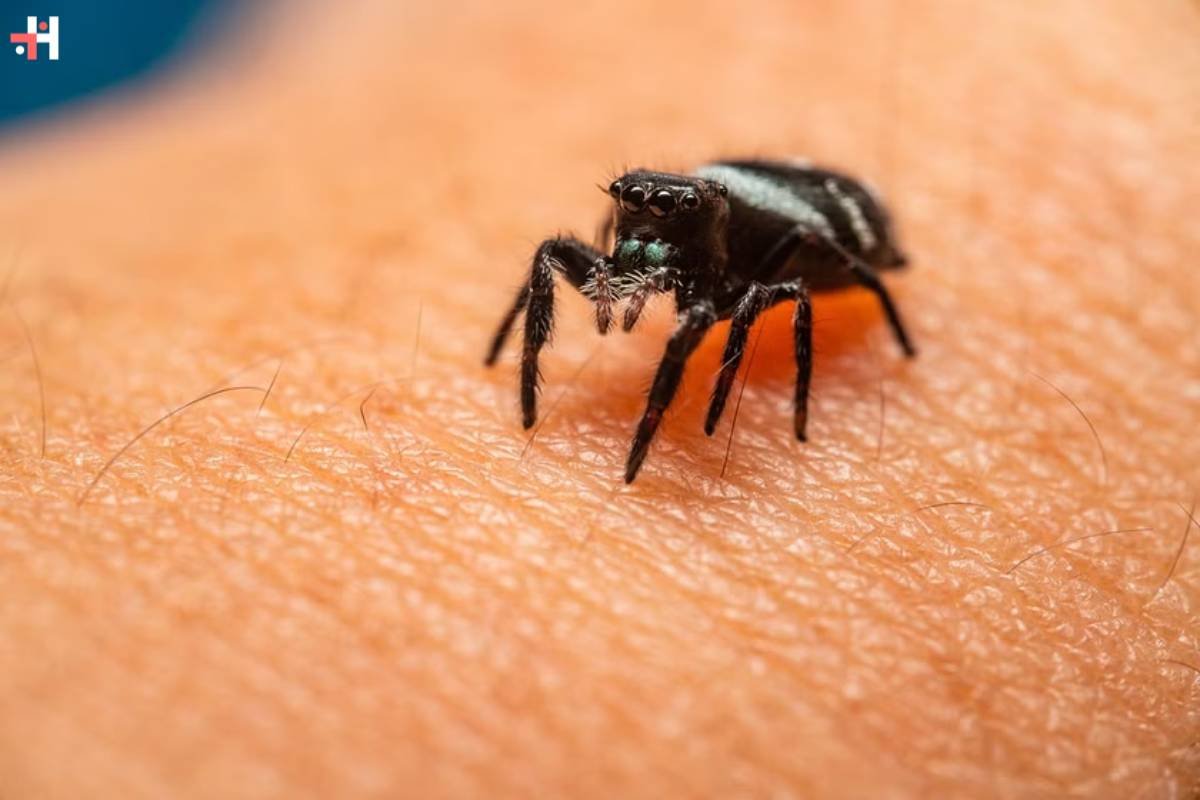
- Severe Pain: Spider bites from venomous species can cause intense pain that persists and worsens over time.
- Ulceration: Brown recluse spider bites may cause the skin around the bite to develop a characteristic ulcer, which requires medical evaluation and care.
- Muscle Pain and Weakness: Systemic symptoms such as muscle pain, weakness, and abdominal cramping may indicate a severe reaction to spider venom.
2. Tick Bites and Lyme Disease Concerns
Ticks are notorious for transmitting diseases, with Lyme disease being a significant concern. Not all tick bites lead to Lyme disease, but it’s crucial to be vigilant, especially in regions where the disease is prevalent. If you notice a tick embedded in your skin or experience the following symptoms after a tick bite, consult with a healthcare professional:
- Bull’s-Eye Rash: A characteristic bull’s-eye rash is a common sign of Lyme disease, appearing as a red ring with a central clearing.
- Flu-Like Symptoms: Fever, chills, fatigue, muscle and joint aches, and swollen lymph nodes may indicate a potential Lyme disease infection.
- Neurological Symptoms: In advanced cases, Lyme disease can lead to neurological symptoms, such as facial paralysis and numbness or tingling in the extremities.
3. Allergic Reactions to Bee Stings
Bee stings are a common occurrence, and most people experience localized pain, redness, and swelling. However, for individuals allergic to bee venom, a bee sting can trigger a severe allergic reaction known as anaphylaxis. If you or someone nearby experiences the following symptoms after a bee sting, seek immediate medical attention:
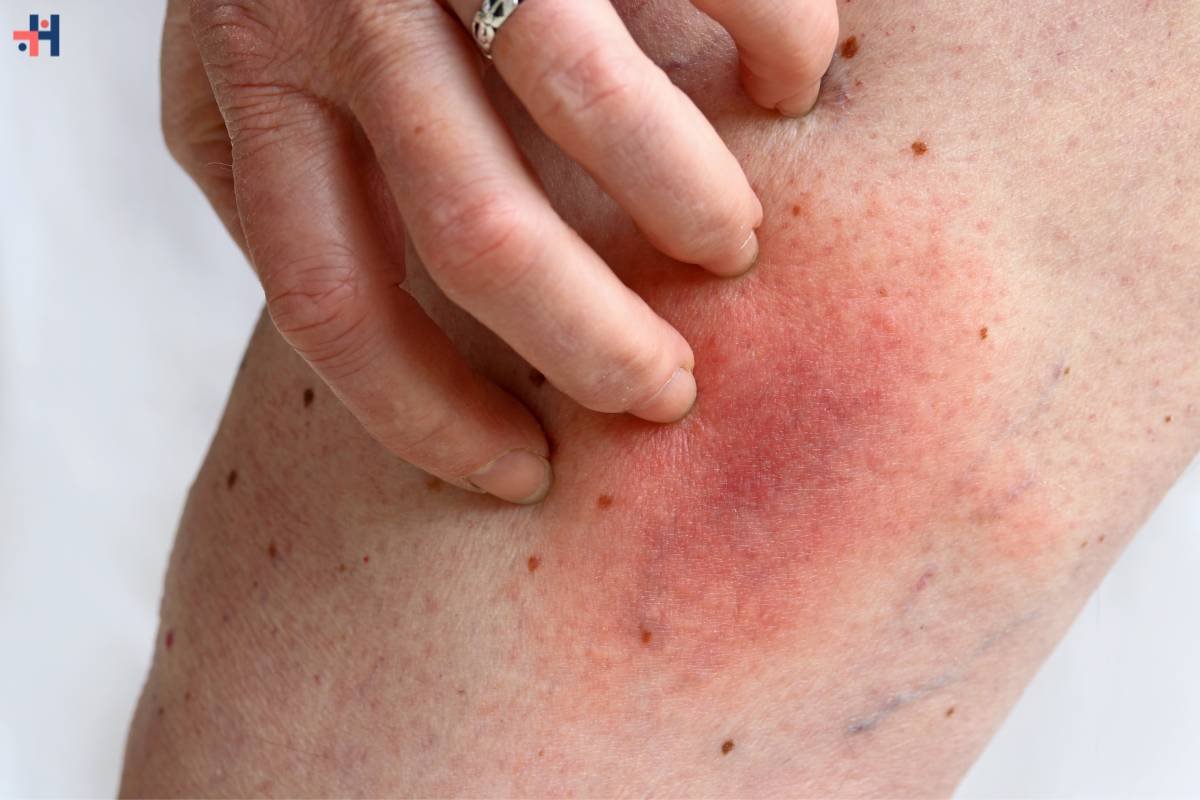
- Difficulty Breathing: Rapid or labored breathing, wheezing, or shortness of breath are signs of a severe allergic reaction.
- Swelling Beyond the Sting Site: If swelling extends beyond the sting site to other parts of the body, especially the face and throat, it may indicate anaphylaxis.
- Dizziness or Loss of Consciousness: Feeling lightheaded, dizzy, or losing consciousness are serious signs of an allergic reaction requiring immediate medical intervention.
4. Mosquito Bites and Disease Transmission
While mosquito bites are typically more of a nuisance than a cause for concern, in certain regions, mosquitoes can transmit serious diseases such as Zika virus, West Nile virus, and Dengue fever. If you experience the following symptoms after a mosquito bite, especially in areas with known disease transmission, consult a healthcare professional:
- High Fever: Fever is a common symptom of mosquito-borne illnesses, and a persistent or high-grade fever should not be ignored.
- Severe Headache: Intense and persistent headaches, along with other flu-like symptoms, may be indicative of a mosquito-borne illness.
- Rash or Joint Pain: Some mosquito-borne diseases present with skin rashes or joint pain, requiring medical evaluation for proper diagnosis and treatment.
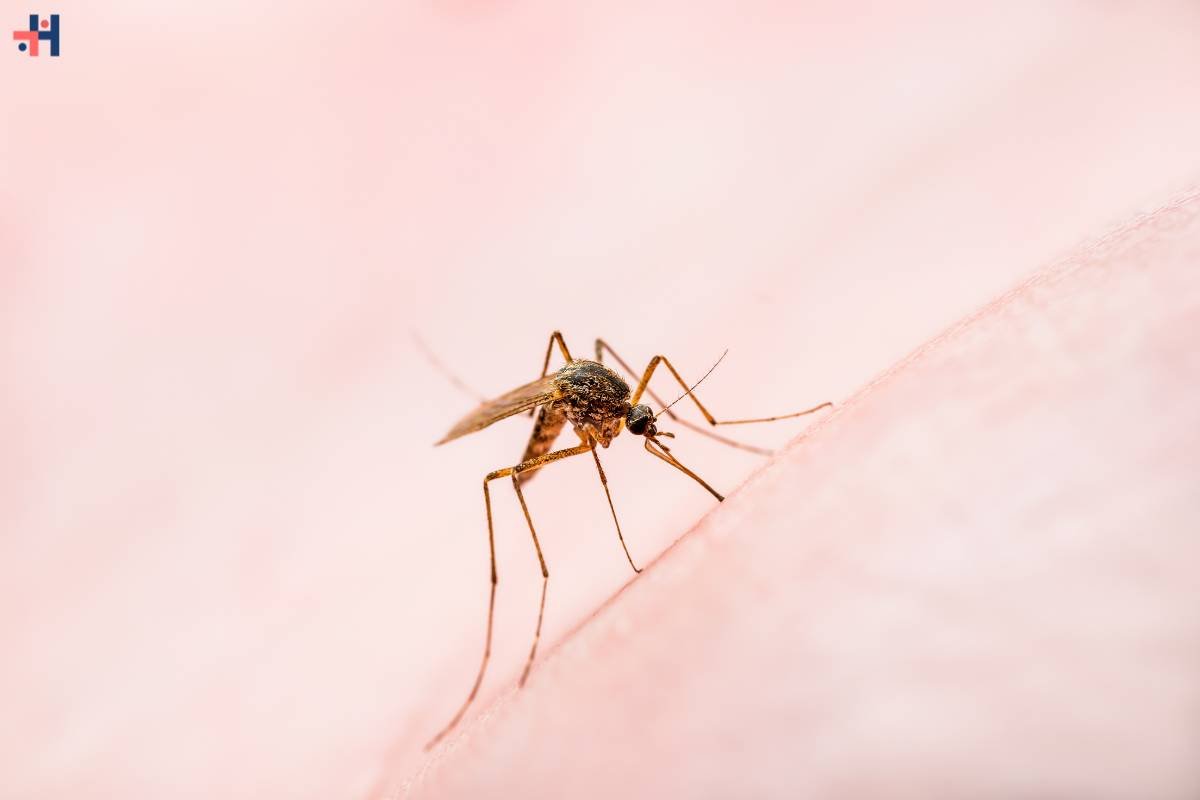
When Home Remedies Aren’t Enough
For most mild bug bites, home remedies such as over-the-counter anti-itch creams, cool compresses, and antihistamines are sufficient for relief. However, if your symptoms persist, worsen, or if you notice signs of infection, it’s time to consult a healthcare professional. Signs of infection include:
- Increasing Redness and Swelling: If the redness and swelling around the bite site continue to expand, it may indicate an infection.
- Pus or Discharge: Any discharge, especially if it’s discolored or accompanied by an unpleasant odor, suggests a possible infection.
- Increased Pain or Tenderness: If the pain at the bite site intensifies rather than subsides, it may be a sign of an underlying issue that requires medical attention.
Conclusion:
Although the majority of bug bites are only a minor discomfort, it’s important for your health to know when to seek medical assistance and to recognize the warning symptoms of a serious bug bite. Fast medical attention can have a big impact on your recovery, whether it’s for an allergic reaction, a possible infection, or the possibility of spreading the sickness. If in doubt, it’s best to seek advice from a medical professional to make sure your insect bite doesn’t develop into a more serious health issue. When coping with severe bug bites, prioritise your health, remain informed, and remain watchful.

